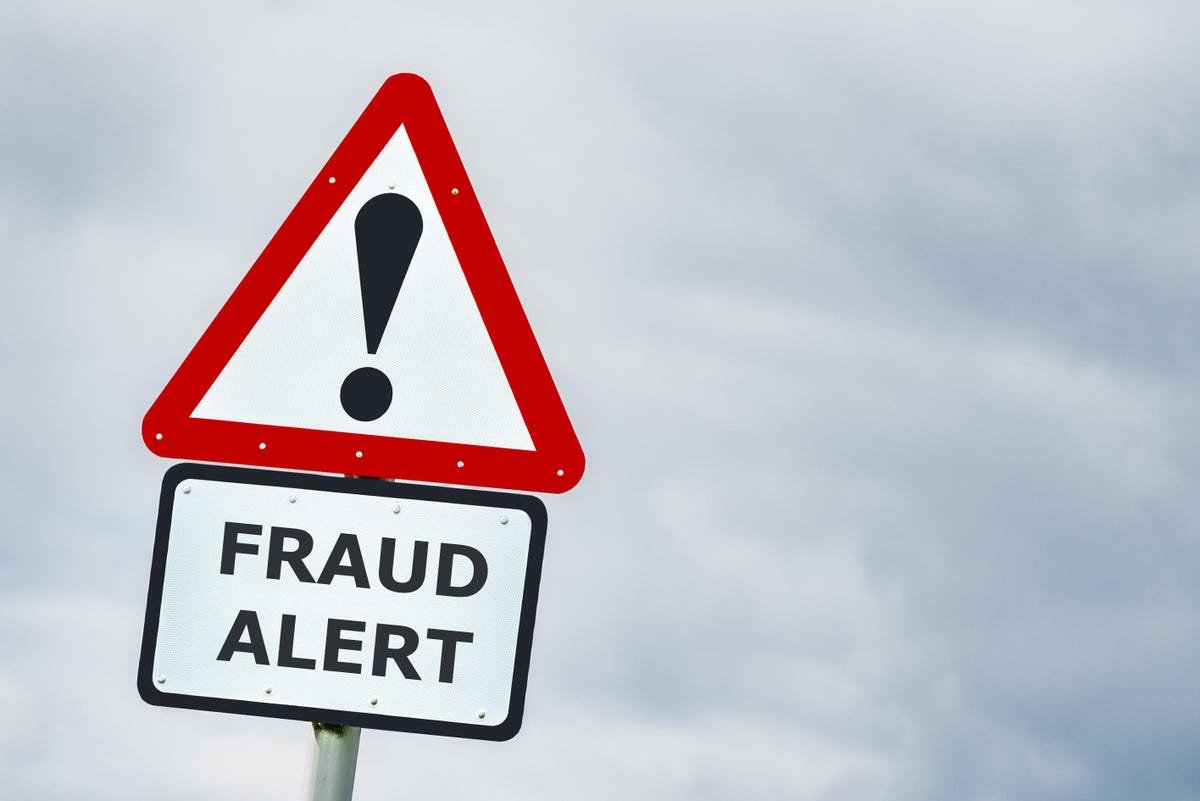25 Defendants Charged in Fraudulent Nursing Diploma Scheme in Southern Florida
Fraudulent Nursing Diploma Scheme Leads to Federal Charges Against 25 Defendants
More than two dozen individuals have been charged in the Southern District of Florida for their alleged participation in a wire fraud scheme that created an illegal licensing and employment shortcut for aspiring nurses. The charges speak to the purpose of a nursing license which is to protect the public from harm by setting minimum qualifications and competencies.
Fraudulent Nursing Diploma Scheme Leads to Federal Charges Against 25 Defendants
The Department of Justice's U.S. Attorney's Office in the Southern District of Florida recently charged 25 individuals for their alleged participation in a fraudulent nursing diploma scheme. The defendants are accused of participating in a wire fraud scheme that created an illegal licensing and employment shortcut for aspiring nurses.
According to the charging documents, the defendants sold fraudulent nursing degree diplomas and transcripts obtained from accredited Florida-based nursing schools to individuals seeking licenses and jobs as registered nurses (RNs) and licensed practical/vocational nurses (LPN/VNs). The bogus diplomas and transcripts qualified purchasers to sit for the national nursing board exam and, after passing it, to obtain licenses and jobs in various states as RNs and LPN/VNs.
The overall scheme involved the distribution of more than 7,600 fake nursing diplomas issued by three South Florida-based nursing schools: Siena College in Broward County, Fla., Palm Beach School of Nursing in Palm Beach County, Fla., and Sacred Heart International Institute in Broward County. These schools are now closed. Each defendant faces up to 20 years in prison if convicted.
Not only is this a public safety concern, but it also tarnishes the reputation of nurses who have completed the demanding clinical and course work required to obtain their professional licenses and employment. A fraud scheme like this erodes public trust in our health care system.
The purpose of a nursing license is to protect the public from harm by setting minimum qualifications and competencies. The alleged selling and purchasing of nursing diplomas and transcripts to willing but unqualified individuals is a crime that potentially endangers the health and safety of patients and insults the honorable profession of nursing.
Health care fraud is nothing new to South Florida, as many scammers see this as a way to earn easy, though illegal, money. The investigators on this case worked diligently to uncover the extent of this fraud, and the charges against the defendants reflect the seriousness of the crime.
The charges were brought with the help of several agencies, including the FBI, the Department of Health and Human Services' Office of Inspector General, Homeland Security Investigations, the United States Postal Inspection Service, and the Florida Attorney General's Medicaid Fraud Control Unit. This case is being prosecuted in conjunction with a related criminal matter in the District of Maryland.
It is essential to ensure that the health care system is free of fraudulent practices and that patients receive the care they need from qualified professionals. The prosecution of these individuals sends a clear message that fraud schemes targeting the health care system will not be tolerated.
EducationLawyers.com
If you attended Siena College, Palm Beach School of Nursing, or Sacred Heart International Institute and have concerns about the validity of your nursing diploma, we encourage you to consult with an education lawyer from EducationLawyers.com. Our experienced lawyers can advise you on your legal options and help you take the necessary steps to protect your rights and future career prospects.
Don't let the actions of others jeopardize your professional reputation and your ability to practice as a qualified nurse. Contact us today to schedule a consultation and get the legal guidance you need.
The charging documents can be accessed here:

